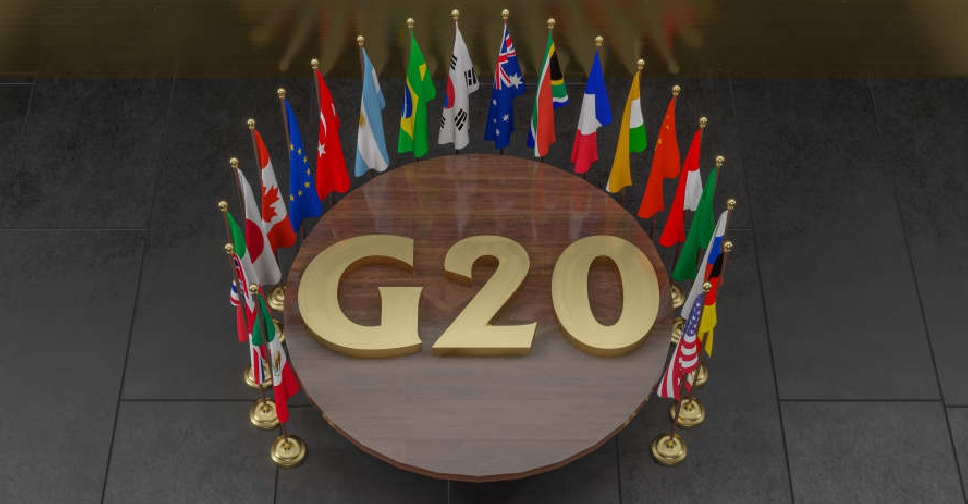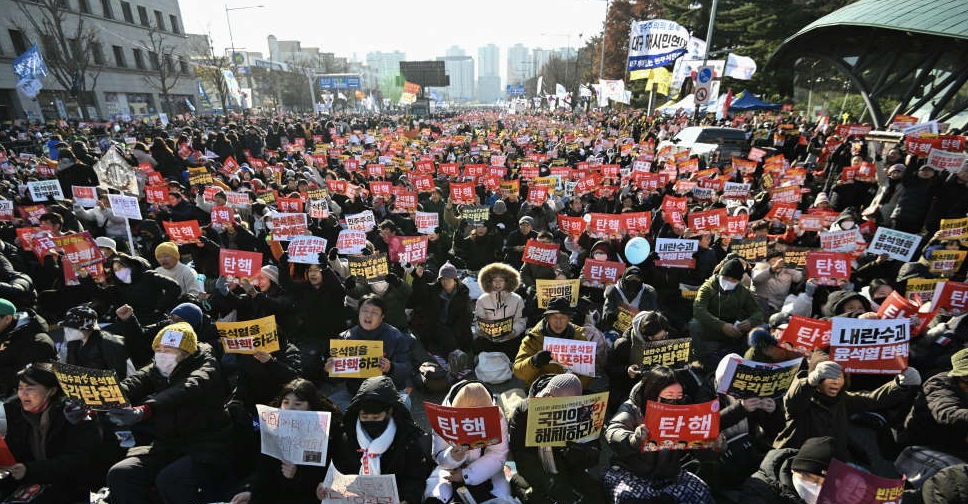
Thousands of South Koreans flooded the streets of Seoul on Saturday in competing rallies, both supporting and opposing President Yoon Suk Yeol, just hours before a parliamentary vote on his impeachment.
The vote follows Yoon's controversial and failed bid to impose martial law, a move that has plunged his presidency into turmoil.
Protests calling for Yoon’s removal gathered outside the National Assembly, where lawmakers were set to vote on the impeachment resolution at 4:00 pm (0700 GMT).
Police estimated that over 200,000 people were expected to join anti-Yoon demonstrations.
"If Yoon isn't impeached today, I'll return next week," said 24-year-old protester Yoo Hee-jin, vowing ongoing resistance.
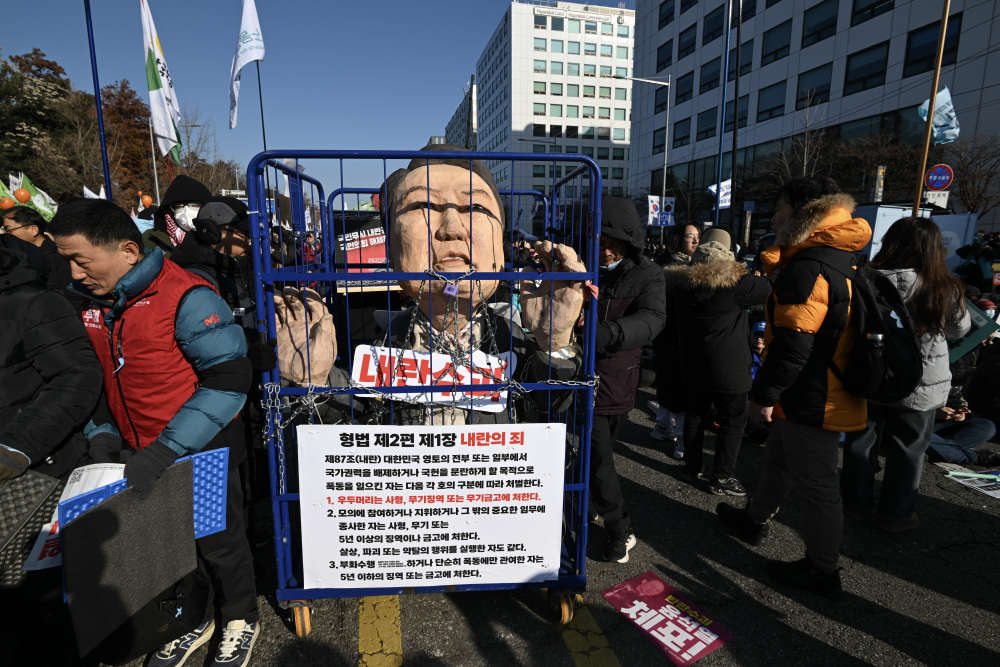
Meanwhile, thousands of Yoon's supporters rallied near Gwanghwamun Square, waving South Korean and American flags, with many defending the president’s actions. "Yoon had no choice but to declare martial law," supporter Choi Hee-sun, 62, told AFP.
The impeachment motion requires at least 200 votes in the 300-seat parliament, meaning opposition lawmakers need at least eight members of Yoon’s conservative People Power Party (PPP) to defect. Seven have already pledged to do so, but local media reports suggest that many lawmakers remain undecided.
'Defend Democracy'
The main opposition Democratic Party described impeachment as the only path to safeguard South Korea’s democratic institutions. Spokeswoman Hwang Jung-a said the move was necessary to protect "the Constitution, the rule of law, and South Korea's future."
Protesters at the anti-Yoon rally braved freezing temperatures, with volunteers distributing hand warmers, coffee, and food. Even K-pop singer Yuri of Girl’s Generation joined in, prepaying for meals for demonstrators and encouraging fans to "stay safe."
What’s at Stake
If parliament approves impeachment, Yoon would be immediately suspended while the Constitutional Court deliberates his fate, a process that could take up to 180 days. Prime Minister Han Duck-soo would serve as acting president during this period.
The Constitutional Court, currently operating with only six judges, would require a unanimous decision to remove Yoon permanently. Historical precedent suggests this is not a certainty: in 2004, then-president Roh Moo-hyun was impeached by parliament but later reinstated by the court.
Even if impeachment fails, Yoon could still face legal consequences. Kim Hyun-jung, a legal scholar, described the martial law bid as an "act of insurrection" with potential criminal implications.
President Yoon, whose approval rating has plummeted to 11%, remains defiant, doubling down on unsubstantiated claims that the opposition is conspiring with communist adversaries. A recent poll by Gallup Korea revealed that 75% of South Koreans support his impeachment.
As tensions escalate, South Korea faces a critical moment that could define its democratic trajectory and leadership for years to come.
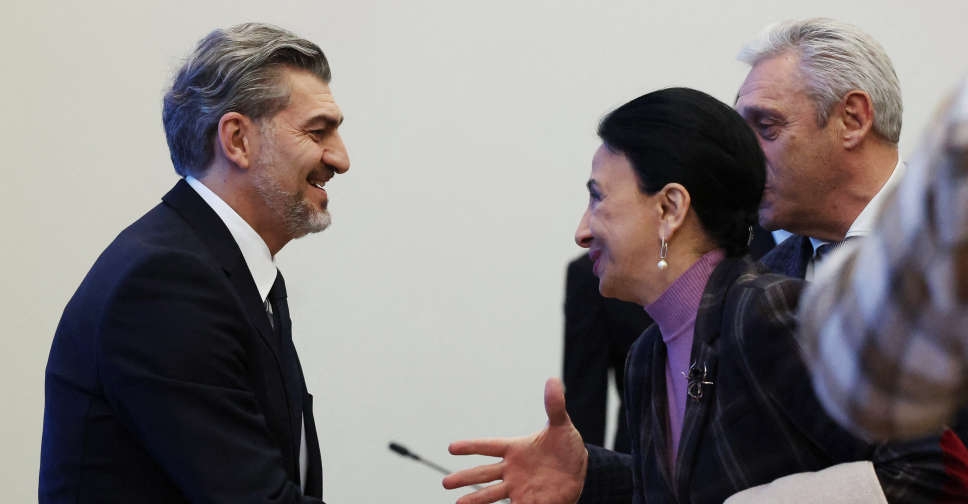 Lawmakers elect new president in Georgia
Lawmakers elect new president in Georgia
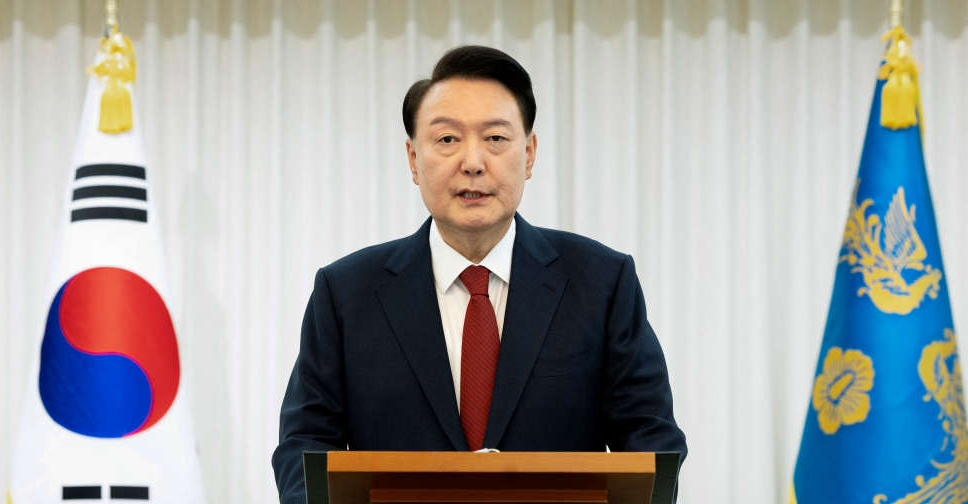 Korea MPs vote to impeach president over martial law
Korea MPs vote to impeach president over martial law
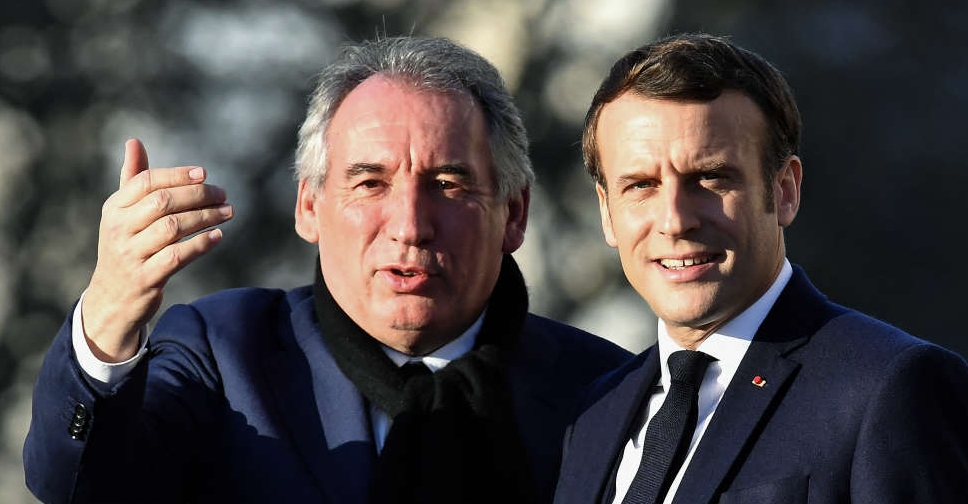 Macron appoints new Prime Minister amid political crisis
Macron appoints new Prime Minister amid political crisis
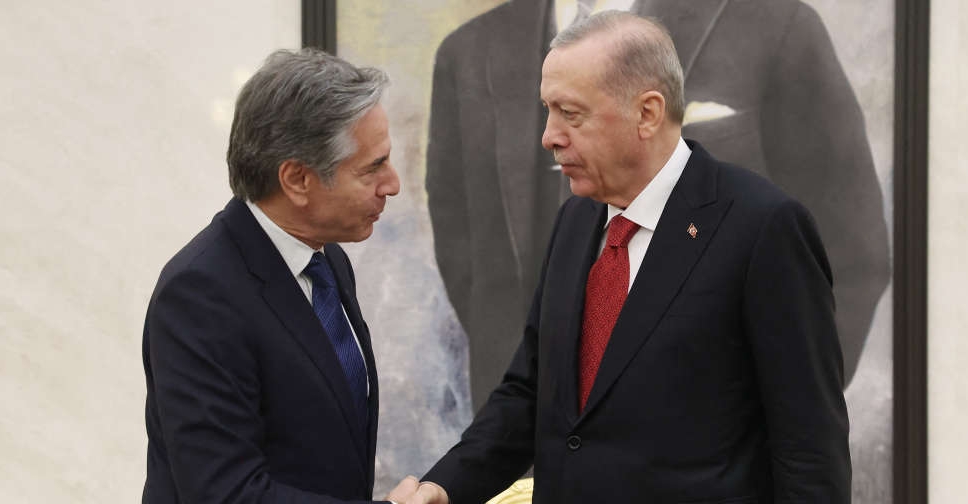 Blinken meets Erdogan over clashes in Syria
Blinken meets Erdogan over clashes in Syria
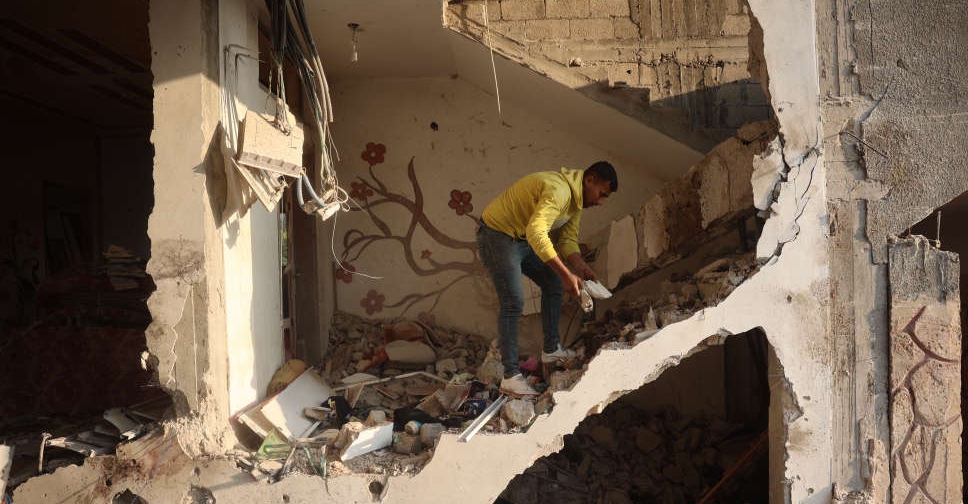 Israel kills at least 66 Palestinians in Gaza
Israel kills at least 66 Palestinians in Gaza



